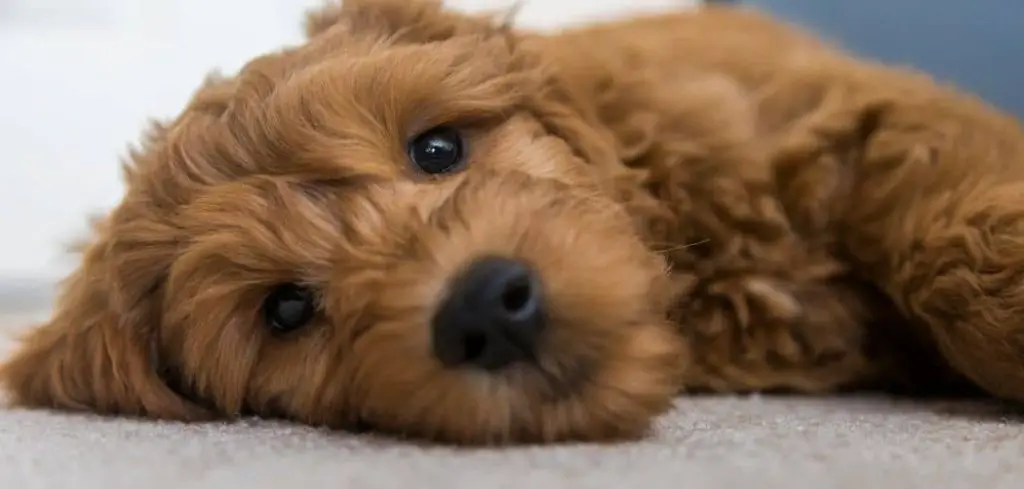It’s normal to be extra observant after your dog has surgery—and noticing them drinking a lot of water afterward can be both confusing and concerning. While mild thirst is expected during recovery, excessive drinking could point to medication effects, fluid loss, or a complication that needs attention.
We outline the common causes of dog drinking a lot of water after surgery, what you can do at home, and when to seek veterinary help.
Dog Drinking a Lot of Water After Surgery — Why It Happens
Increased thirst after surgery is often caused by anesthesia, pain medications, stress, fluid shifts, or post-op inflammation. In some cases, it may also be linked to blood loss, infection, or early signs of organ stress. Most dogs drink more temporarily, but excessive or prolonged thirst should always be evaluated.

Common Causes of Dog Drinking a Lot of Water After Surgery
Anesthesia Effects
Anesthetic agents used during surgery can temporarily dehydrate your dog or alter their ability to regulate body fluids.
After waking up, many dogs experience mild to moderate thirst as their body flushes out the drugs used.
This thirst usually stabilizes within 12–24 hours, but if your dog continues drinking excessively beyond that, it may indicate something more.
Pain Medications (Steroids, NSAIDs, or Opioids)
Many post-operative medications—especially corticosteroids or opioids—can cause increased thirst as a side effect.
Steroids like prednisone are particularly known for causing polydipsia (excessive thirst) and increased urination.
Your vet may advise tapering the dose or adjusting medications if side effects become intense or long-lasting.
Fluid Therapy During Surgery
Dogs often receive intravenous (IV) fluids during surgery to maintain hydration and blood pressure.
As their body rebalances after surgery, they may drink more to restore their own natural fluid rhythm.
This is usually self-limiting, but overdrinking may cause nausea or bloating if not monitored.
Blood Loss or Internal Bleeding
In more serious cases, internal bleeding or low blood pressure after surgery can cause dogs to feel unusually thirsty.
They may appear weak, pale in the gums, or have a distended abdomen.
If thirst increases alongside signs of discomfort, vomiting, or lethargy, it’s crucial to see your vet immediately.
Read more: Dog Drinking a Lot of Water and Vomiting (Here’s why)
Post-Operative Infection or Fever
Infection after surgery can cause an elevated body temperature, which increases your dog’s need for hydration.
Look for other signs like redness or discharge around the incision site, lethargy, shaking, or reduced appetite.
These signs should never be ignored, as untreated infection can escalate quickly.
Stress or Anxiety from Recovery
Stress from hospitalization, confinement, or changes to routine can drive some dogs to drink more than normal.
Panting, pacing, whining, or compulsive licking may also be present.
Creating a calm, predictable environment helps lower stress-related behaviors, including excessive drinking.
What to Do If Your Dog Is Drinking a Lot After Surgery
Closely monitor how much water your dog is consuming in a 24-hour period. A general guideline is about 1 ounce per pound of body weight per day.
Offer water in smaller, frequent amounts rather than full bowls at once to prevent gulping.
Keep the recovery area quiet and comfortable to reduce stress that could cause overdrinking.
Check the surgical site daily for swelling, discharge, or odor, and note any changes in appetite, urination, or energy levels.
Follow your vet’s medication instructions carefully and ask about alternatives if thirst becomes excessive.
When to Call or Visit Your Vet
Reach out to your veterinarian right away if your dog:
Drinks excessively for more than 24–48 hours post-surgery
Vomits water or appears nauseous after drinking
Shows signs of bloating, swelling, or abdominal discomfort
Has pale gums, weakness, or trouble standing
Has redness, heat, or discharge at the surgical site
These signs may indicate complications that need quick attention, such as bleeding, infection, or medication side effects.
Read more: Dog drinking a lot of water after splenectomy
Key Takeaway
A dog drinking more water after surgery is often a normal part of the healing process—but if the thirst is excessive, prolonged, or paired with other symptoms, it could be a sign of something more serious.
Stay observant, keep notes, and don’t hesitate to contact your vet if anything feels off. Your careful attention helps ensure your dog heals safely and comfortably.
